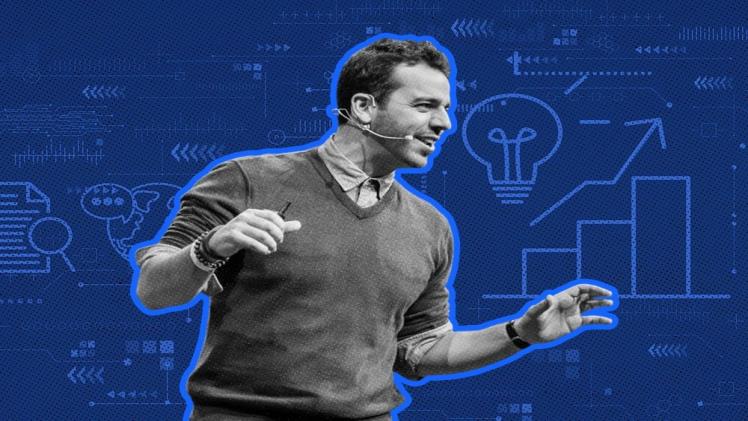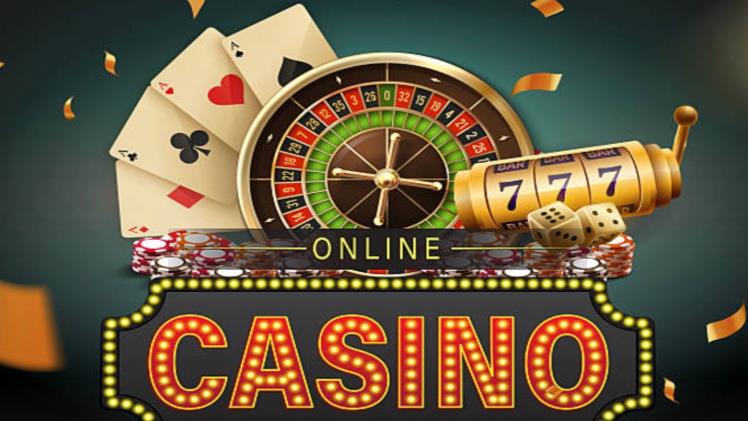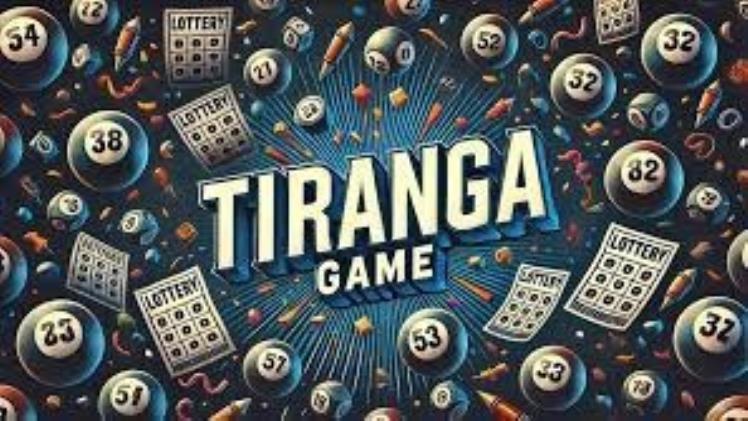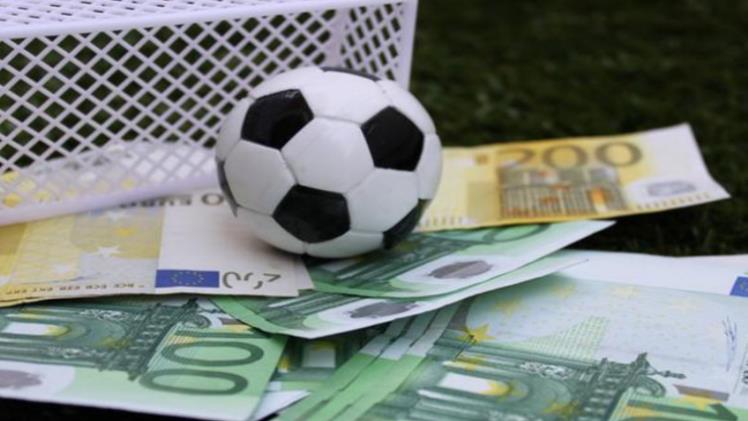The Power of Never-ending Motivation in “Maybe Next Time.
We have all been there: that shot that rims out, that level you should have cleared, the promotion that has just eluded you. In such a situation, a kind of queer saying comes to mind–perhaps next time. It is strange to relate, but it does not tend to paralysis us; on the contrary, it more frequently propels us into action. Why? In psychology, winning is often perceived as being nearly as good as winning.
The Psychology of the Near-Miss.
Failure — particularly when not absolute — has a curious relationship with the human brain. A near miss is not as devastating as it seems like a defeat, but rather a step in the right direction, deceiving us into thinking that something good is going to happen.
It is known to behavioural economists as the near-miss effect, and it is the reason why a golfer who misses a hole-in-one by inches will usually be more motivated than a golfer who hits the sand trap. It is the voice of the mind saying, ‘You are moving in the right direction, go on.’
The Next Time Illusion and Dopamine.
Motivation has a currency, which is dopamine. Neuroscience demonstrates that our reward system is activated not only when we win, but also when we come close to winning—even the expectation of what if causes a dopamine loop, making us feel like trying again.
This is the point at which variable rewards come in. Variable outcomes, sometimes success, sometimes not, are, like certain other predictable outcomes, incredibly sticky. They leave us addicted since the second or third attempt may be the one. It is the same concept as why individuals check their phones, why gamers grind to receive a top casino with daily promotions, or why next time can be more effective than certainty.
Beyond the Game: Everyday Motivation.
We need not turn a wheel or roll dice to see this effect at work. It’s everywhere:
Sports: Sportsmen can live on close calls. Lacking a personal record by seconds can be a great motivator for more effective training than failure itself.
Careers: The would-have-been promotion is a better motivator than being totally neglected.
Digital interaction: The notifications on social media are created with variable reinforcement; there are times when it is likes all around, and there are times when the account is silent, but the next post makes us scroll.
Indeed, digital platforms depend on this mechanic and make experiences that have a rhythm of immediate satisfaction and the irresistible pull of next time. It is not chance — it is a plan.
Casinos and Electronic Gambling: The Science of Play.
Nobody knows this psychological blueprint better than casinos. Enter any contemporary platform, and you will discover systems designed based on expectation. It is essential to note that reputable brands like 22Casino Netherlands offer a well-organized gaming environment, where close wins and high-ranking casinos with daily bonus deals help maintain player interest. The prize is not the only thing that counts, but the feeling of being so close yet so far away that makes people want to go back and participate again.
This does not turn players irrational — they become human. It is in our cognitive biases to see near misses as a step forward. The cycle of expectation, anticipation, and outcome is very pleasing to the loop, even in the neutral case of the outcome.
Professional Opinion: Why Maybe Next Time Does It Everywhere?
Psychologists, who study resilience, observe that the ‘maybe next time’ attitude borders on perseverance. It turns failures into stepping-stones, so that one is not fully disengaged. Behavioural economists, however, caution against the fatigue of decision-making when these loops become excessively long, particularly in the digital contexts created to take advantage of such loops.
However, in casinos, classrooms, and professions, the concept remains the same: human beings are conditioned to perceive almost everything as motivation, rather than as failure. It is such an interesting paradox because it is not only our brains that pursue success, but they also pursue the sense of proximity.







